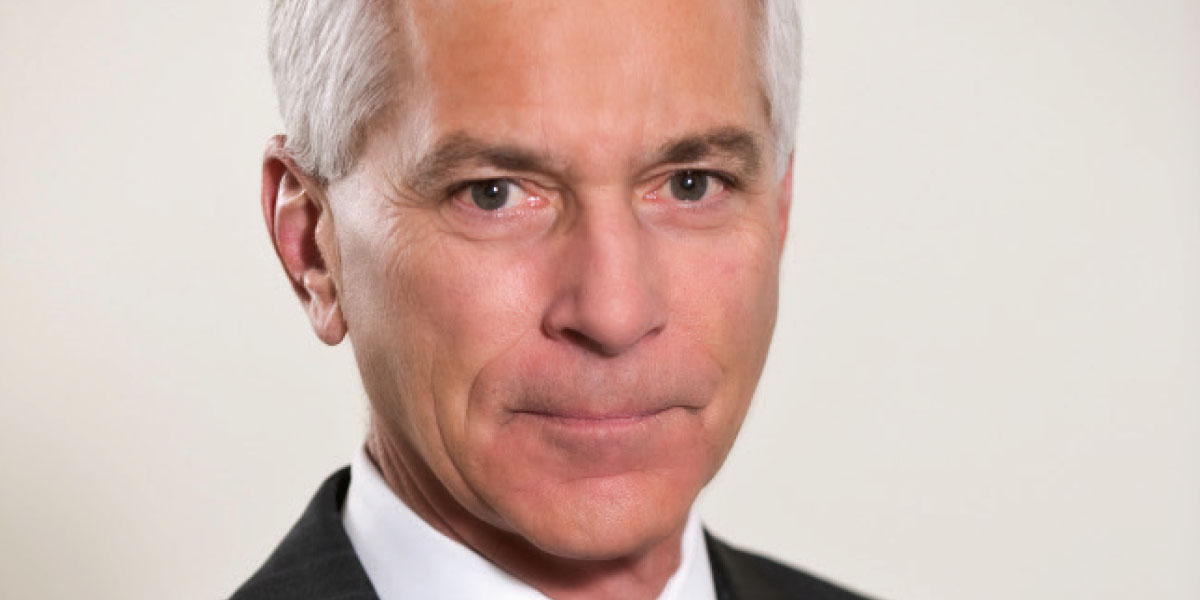As we embark on a new year, many of us will make resolutions to kick that bad habit, manage stress more effectively, or perhaps identify opportunities for personal or professional growth.
This also should be a time for college and university leaders to resolve to position their institutions for the challenges a new year will certainly bring. Included among them is the approaching wave of retirements within the ranks of chief business officers.
A Wake-up Call
As the results of NACUBO’s 2013 National Profile of Higher Education Chief Business Officers revealed, 40 percent of CBOs surveyed said their next career move is retirement. That staggering statistic begins to sink in when a closer examination of the study’s findings shows 11.2 percent of CBOs were 65 and older in 2013—a dramatic spike from three years earlier when just 5.4 percent of CBOs were nearing retirement age.
So we have to ask ourselves some tough questions, if we are going to recruit talented, well-qualified, and adept individuals to fill these key vacancies, while also taking the opportunity to diversify the CBO ranks.
If you, or your CBO, plan to retire soon, has campus leadership identified a potential replacement? Is your institution developing and mentoring future leaders from within your organization?
“It’s better to have an internal talent development plan, updated every year, that institutions can use to help retain top talent and show they’re serious about advancing the people who do well and deserve more responsibility,” says Joseph Johnston Jr., of AGB Search, in the article, “When One Door Closes … ,” by Sandra R. Sabo.
Whether your college or university plans to promote from within or tap an external pool of candidates, it is imperative that your team executes the right game plan.
Coaching Successors
Armed with the illuminating data from the CBO survey, NACUBO has turned a keen eye toward the issue of succession and retirement planning and developed some targeted approaches:
- We’ve dedicated a cluster of articles published as Business Officer’s Leadership in Transition series, which began in September and includes in this issue an article on aspects of retirement planning.
- We’ve implemented new programs aimed at strengthening the CBO pipeline and preparing the next generation of business officers. The inaugural Future Business Officers (FBO) program, launched at the NACUBO annual meeting in Seattle last year, was a testament to the demand for such tailored professional development offerings. The sold-out preconference event drew more than 70 attendees representing all sectors of higher education.
The FBO program is proving to be a valuable resource for higher education business professionals who desire to advance to the CBO position and better understand what it takes to get there and then succeed.
- The New Business Officers (NBO) program continues to gain momentum. While not a direct outcome of the CBO survey, this program is needed now more than ever, as CBOs’ contributions to campus operations become more strategic.
Professionals who are new to their roles gain insight from seasoned executives on a number of key competencies that make for an effective CBO, such as excellent communication and smart navigation of the sometimes-complex relationships involving presidents and governing boards. In the past 10 years, more than 400 individuals have participated in the NBO program, and we look forward to serving many more new business officers in the future.
NACUBO’s 2013 CBO profile served as a clarion call for the higher education community to recruit, train, and develop future business officers. NACUBO will remain a vital resource in those endeavors by offering professional development aimed at ensuring that our institutions and the individuals who aspire to the role of CBO are well-equipped for success. Let’s resolve that, together, we’ll take on this critical commitment.
JOHN WALDA, NACUBO President and Chief Executive Officer



